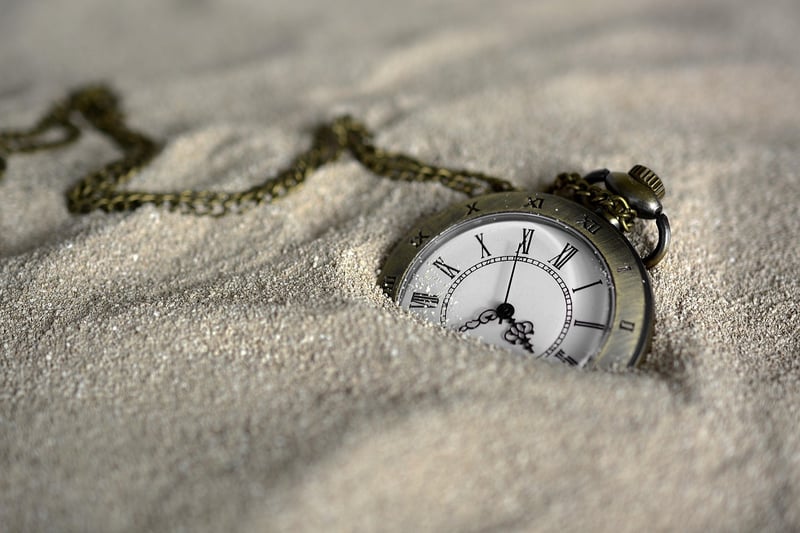Temporal Paradoxes
The Science Behind Time Travel and Temporal Paradoxes
Time travel has been a fascinating concept in science fiction for decades, but what does science have to say about it? Let's delve into the theoretical framework behind time travel and explore the intriguing concept of temporal paradoxes.
The Theory of Time Travel
According to the theory of relativity proposed by Albert Einstein, time is not a constant but a dimension that can be manipulated. Time dilation, a key concept in relativity, suggests that time can be experienced differently for objects in motion at different speeds. This forms the basis for the possibility of time travel.
One of the most discussed methods of time travel is through wormholes. Wormholes are hypothetical tunnels that connect two separate points in spacetime, potentially allowing for shortcuts through space and time.
Temporal Paradoxes
Temporal paradoxes are a common theme in time travel stories and movies. One of the most famous paradoxes is the grandfather paradox, where a time traveler goes back in time and prevents their grandparents from meeting, thus preventing their own birth. This creates a paradox - if the time traveler was never born, how could they go back in time to prevent their birth?
Another well-known paradox is the bootstrap paradox, where an object or information is sent back in time in an endless loop with no clear origin. This raises questions about causality and the origin of events.
Conclusion
While time travel remains a theoretical concept with many unanswered questions, exploring the science behind it opens up intriguing possibilities and challenges our understanding of the universe. The study of time travel and temporal paradoxes continues to captivate both scientists and enthusiasts alike, pushing the boundaries of our imagination.

For more information on time travel and its implications, you can visit Space.com.
